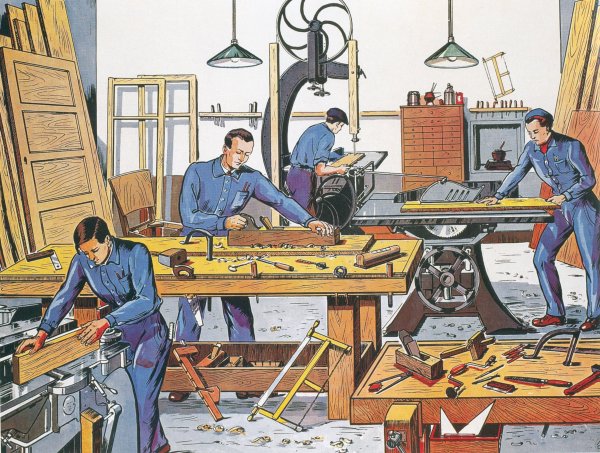
Never in any country in the world has the worship of mere talent been carried to such an extent as in France. And the word “talent” is not here intended to imply capacity, but rather a kind of aptitude enabling its owner to shine. It is the kind of superiority in which is involved so much address and readiness of wit that it quickly degenerates into savoir faire, whereas genuine “capacity” leads its possessor to varied excellence, whence force of character and steadfastness of will can never be quite absent, or the capacity is an inferior one. But among the curiosities of French civilisation too superficially studied by foreigners is the habit of identifying every sort of superiority with the superiorities recognised by “society” and the “Court”—those of birth, position, and fashion.
A very remarkable proof of this lies in the attribution of honesty itself only to a certain class. The word “les honnêtes gens” was distinctive of those only who had the necessary qualifications for moving in the highest spheres—anything lower than that was not in the magic circle; and, besides the assumption of “honesty,” and of certain qualities constituting the British notion of a “gentleman,” talent was also instinctively ranked as belonging properly to those of a distinguished social standing.
And until the present day, though practically the idea of capacity has shared in the democratic tendencies of the country, there was a strong instinct still active that excluded the nameless workers in any collective undertaking from being associated with those who were ostensibly its producers. This has had a double consequence; while it has fostered the silly disdain inherent in all French people who aspire to “caste,” it has mainly helped to create in the working classes that spirit of insubordination that so unfortunately characterises them. They take no interest in their work.
An example was given me during the Parisian Exhibition of 1878. The crowd (which was then a crowd of well-dressed people, le monde iligant) used to stop admiringly before a small marqueterie cabinet of exquisite workmanship fabricated in England (on a Louis XV. model) for, I believe, Mr. Henry Brassey, at the cost of £4000, and of five years’ labour.
On the other side of the passage, between the English and French sections, but right opposite, was the establishment of a famous French cabinetmaker, who, expressing his unbounded admiration of his rival’s work, used for ever to repeat: “Yes! the model is ours, but the workmanship is British. We should be incapable of producing anything of that absolute perfection and solidity!” Questioned as to the reason of this inferiority, his answer was: “Because our ouvriers of the present day are opposed to all discipline and all notion of precision. They care not a farthing for what they do, and detest their employer!”
When, a few years ago, an inquiry was instituted before the Chamber of Deputies on the subject of the ever-increasing number of foreign workmen (above all, German and English) in all ateliers, and witnesses were examined, the perpetual answer made was, “Of course we seek foreign operatives because they are punctual, obedient, civil, and ready to do their best for their superior, and the French operatives are the direct contrary.”
Whenever an artisan was interrogated the reply was also the same: “Why should we take any interest in what we do? The patron reaps all the gain and all the credit! We are de lá poussière humaine. Who knows of our existence, and who cares?”
There can be no doubt that this is the result of what is termed a cercle vicieux,—the habit (mostly an unconscious one) of taking “no account” of the nameless labourer has, among a vain, pleasure-seeking, and by nature undutifully-disposed population, engendered a bitter hatred, somewhat mixed with contempt, for all the idle classes, who are supposed to have nothing to do save to amuse themselves, and profit by the exertions of others.
Mme. B. de Bury
Blackwood’s Edinburgh Magazine – November, 1889
—Jeff Burks
“Chez le menuisier” by R. Bresson, from a series of illustrations of daily life published for elementary school classrooms (early 20th century).